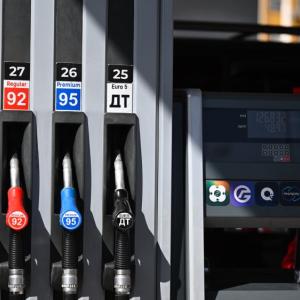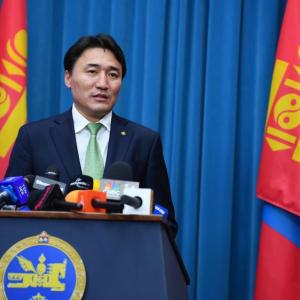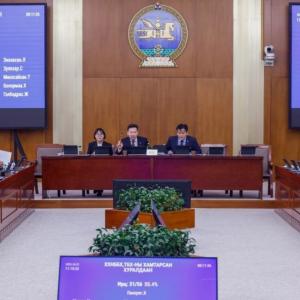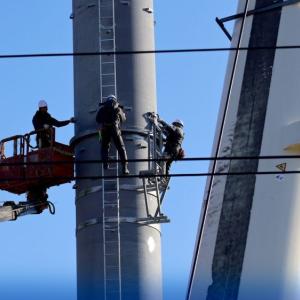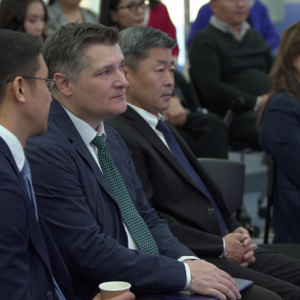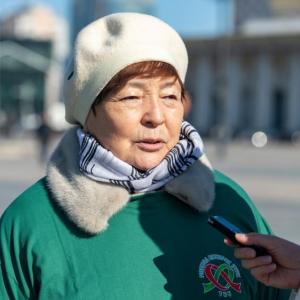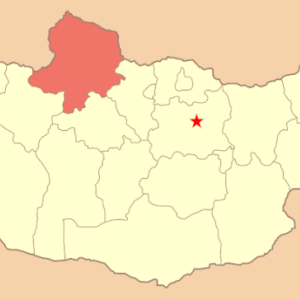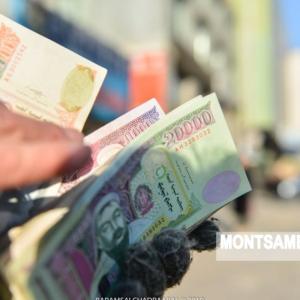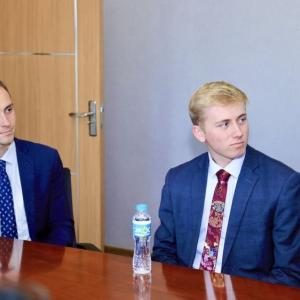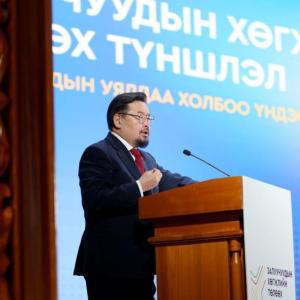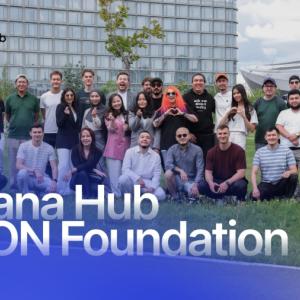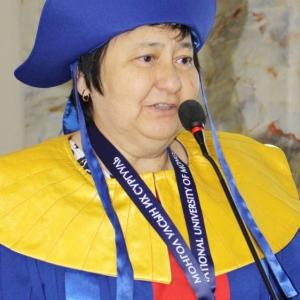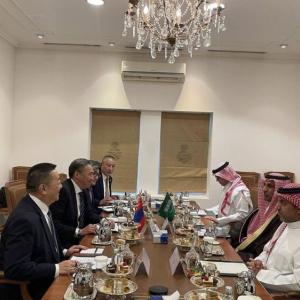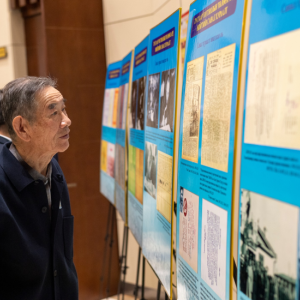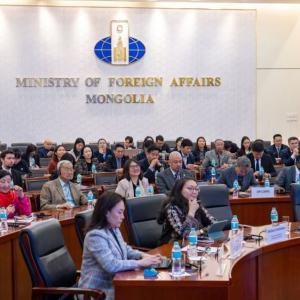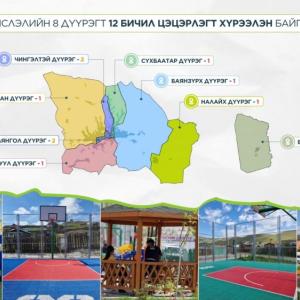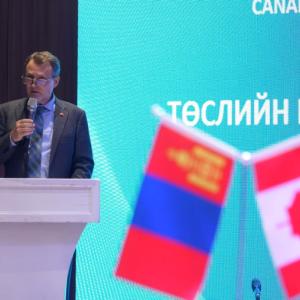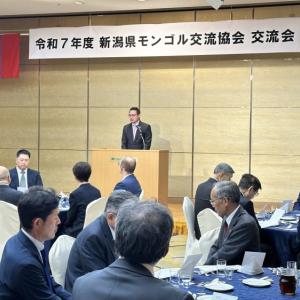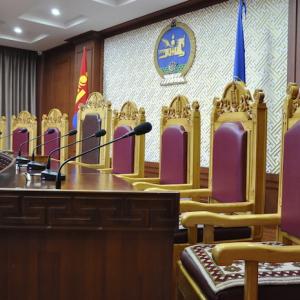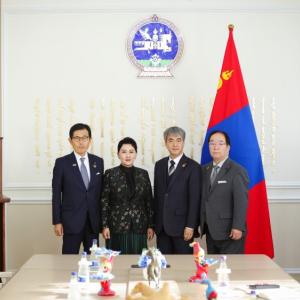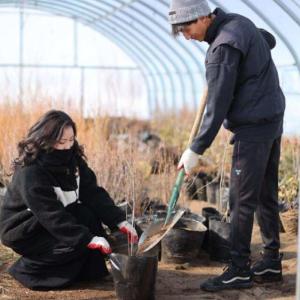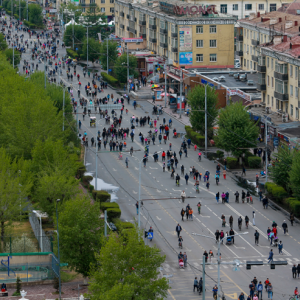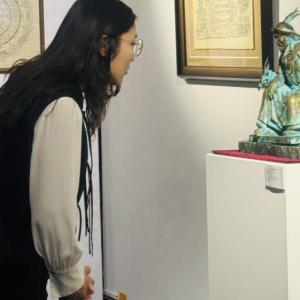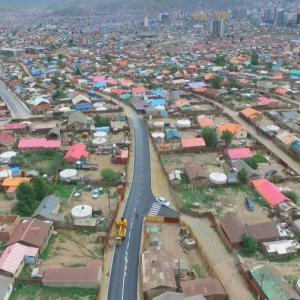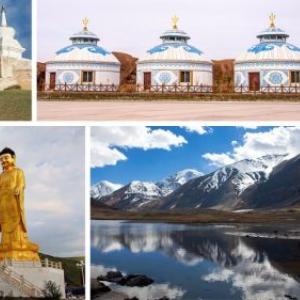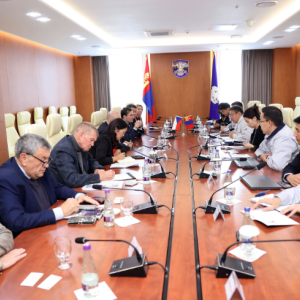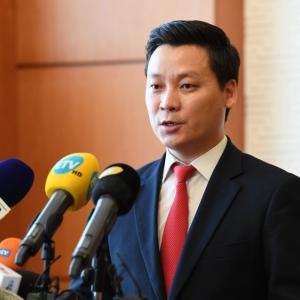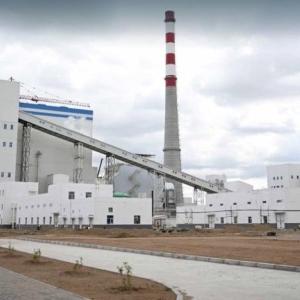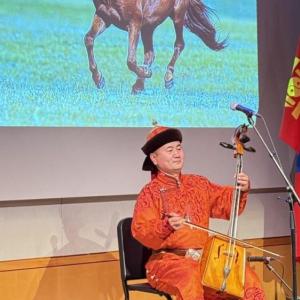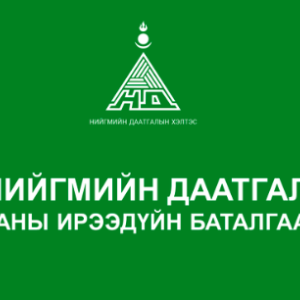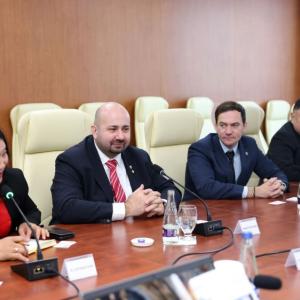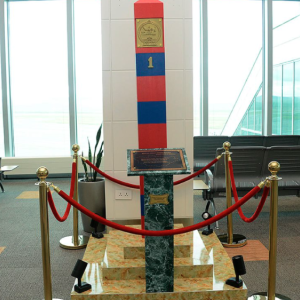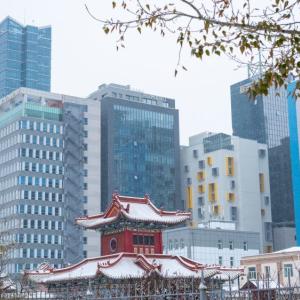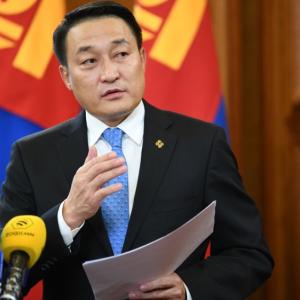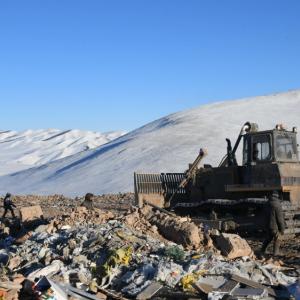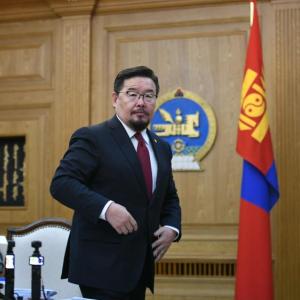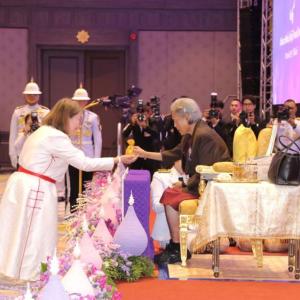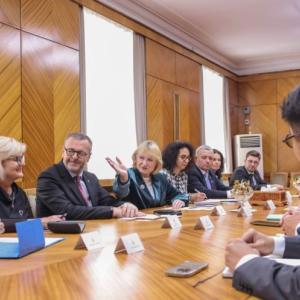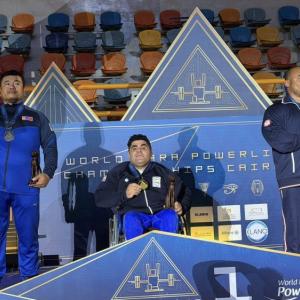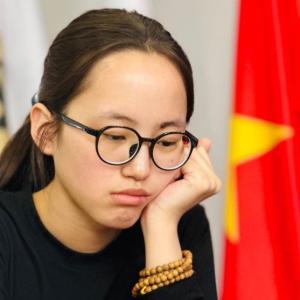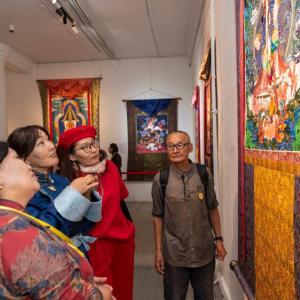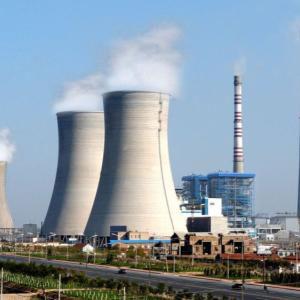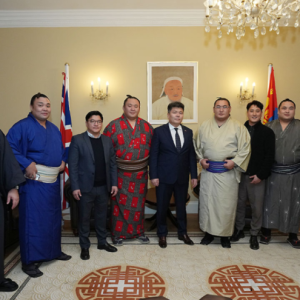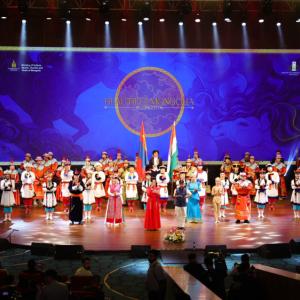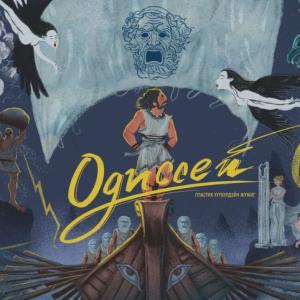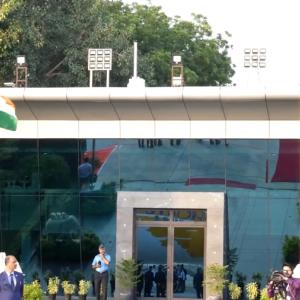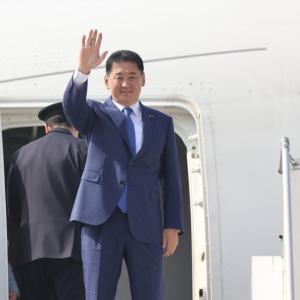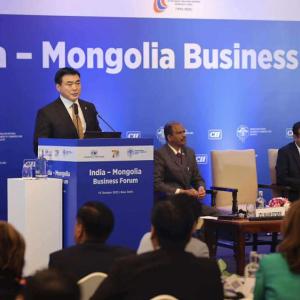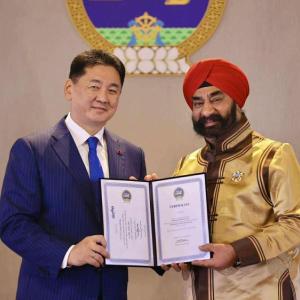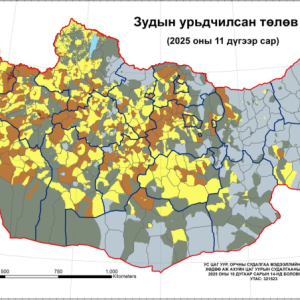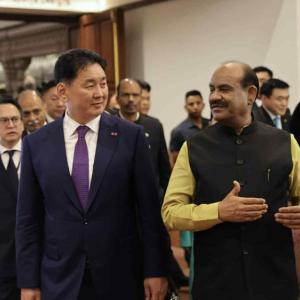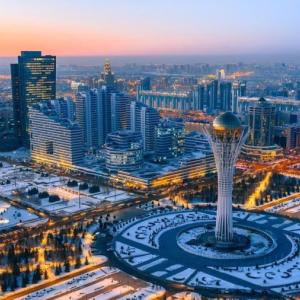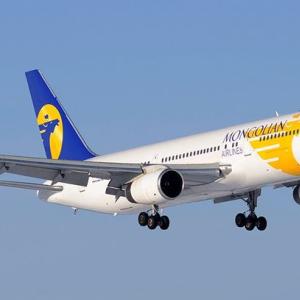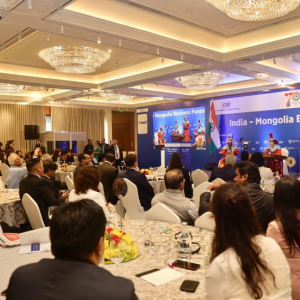Friendship between people will save the economy
Politics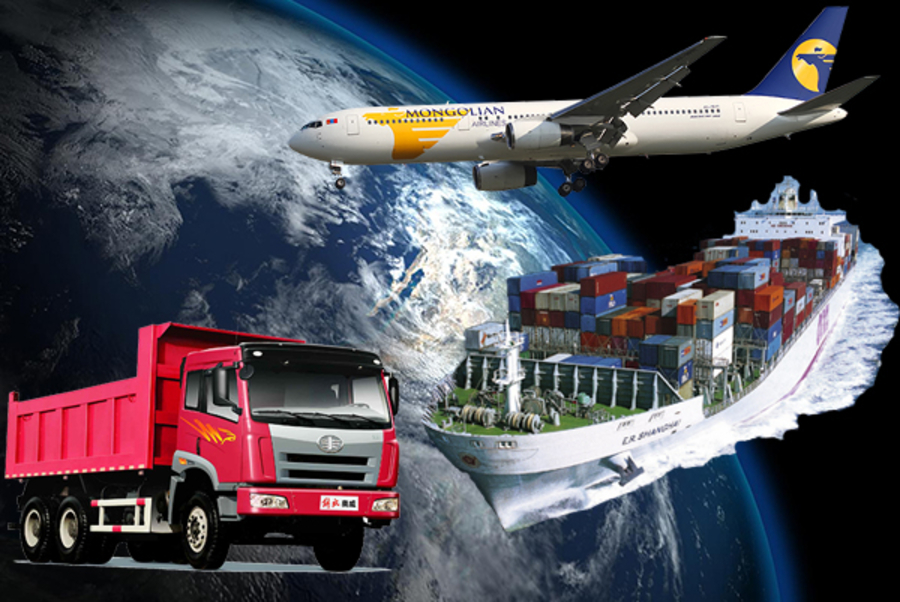
International economic relations seems to be such a
large-scale topic that only concerns politicians, scholars and representatives
from large international corporations. Today, each and every person clearly
understands that they are engaged in the economic activity of their country to
one degree or another, and the life quality of the population depends on the
state of the economy. The amount of salaries, prices in stores, qualities of
services and health care, education, and the ability to travel–absolutely
everything that constitutes the concept of the quality of our life is
determined by the economy. In simple words, the level of the economy is equal
to the standard of living of every family, every person! This means that any
responsible political force is simply obliged to ensure that all activities of
the government, including economic and socio-economic, work in the interests of
the people as a whole. It is worth considering that cooperation of the state
and other countries is of great importance. For that reason, the Shanghai
Cooperation Organization (SCO) is a fairly convenient platform for Mongolia for
maintaining an international dialogue with its closest neighbors, and updating
its relations with Russia, one of the crucial member states of the
organization, into a multilateral format of dialogue.
Economy for the people
One of the most significant global events to take place in
November 2020 is the forthcoming meeting of the SCO Council of Heads of State,
during which Russia will hand over its chairmanship. Due to COVID-19 pandemic,
the forum will be held virtually using video conferencing tools. During the
event, leaders of the SCO countries are expected to discuss issues on further
strengthening and deepening cooperation within the framework of the
Organization, including in the context of global political and socio-economic
consequences of the novel coronavirus pandemic. In the emerging international
situation, the establishment of the Mongolia-Russia-China economic corridor,
which was agreed on the sidelines of the SCO Summit in 2016 and serves as one
of the elements of integration processes in Eurasia, is crucial for Mongolia.
The founding of the trilateral economic corridor will allow Mongolia to fulfill
its existing transit potential since Mongolia’s Steppe Road project is
essentially supposed to serve as a connecting link for the Eurasian Economic
Union and China’s ‘One Belt–One Road’ initiative. Indeed, the location of
Mongolian between two SCO leaders–Russia and China, itself speaks in favor of
an active engagement of Mongolia in long-term international cooperation.
L.Khangai, who served as an Ambassador Extraordinary and Plenipotentiary of
Mongolia to the Russian Federation between 2005 and 2009, explains about
Mongolia's participation in the SCO as an observer, and the advantages of
cooperation within the organization as follows: “Within the framework of the
2016 SCO Summit held in Tashkent, Mongolia and Russia, together with China
approved Program for the establishment of the economic corridor between the
three countries. The program envisages modernization of the existing
Trans-Mongolian railway, construction of new railways and highways, power
transmission lines, and so on connecting the countries," he explained. “It
should be noted that Mongolia is located between the richest countries in the
world in natural resources and the most populous countries with thriving
economies. Therefore, the question that naturally arises is the need to
implement large-scale infrastructure projects involving the three nations. The
implementation of such infrastructural projects in the future should lay
additional foundation for the Eurasian continent as a whole”.– Mr. Khangai notes.
Overcoming the economic crisis
One of the most important measures aimed at overcoming the
crisis in the Mongolian economy can be an international-regional cooperation
and the resulting economic ties. At the same time, the Foreign Policy Concept
of Mongolia recognizes "participation in the political and economic
integration process..." as one of priority directions. Especially, when
such cooperation between Mongolia and Russia can be "convenient" in
terms of territorial location, and mutually beneficial, as a matter of course.
Therefore, implementation of joint transport, logistics and energy projects
with the Russian Federation, including within the framework of the
Mongolia-Russia-China economic corridor, will lay the foundation for a
long-term partnership agreement. Former diplomat, international relations
expert D.Bayarkhuu also expressed his opinion on this matter: “In general,
‘transit economy’ is very suitable for our country. Delivery of goods from
Russia to China, and vice versa through Mongolia is the most suitable option,
in my opinion. An example would be a gas pipeline that will be pass through our
territory. Not only a gas pipeline can be laid from Russia, but also an oil
pipeline. Electric power transmission lines can also built. There is a
possibility of building a highway through Naushki region of Russia. Mongolia
has the most convenient geographical location without any obstacles. If you
build such high-speed roads in these areas, there are no high mountains, deep
lakes," noted Bayarkhuu.
We share the same position
The year of 2021 will mark the 100th anniversary of the
establishment of diplomatic relations between Mongolia and Russia. The history
of Mongolian-Russian relations confirms Russia's ability for strategic
partnership and ensuring mutually beneficial relations. At a time when the
process of ever-increasing interconnectedness of global countries and their
peoples began, world economic, political, cultural, religious integration among
them did as well. Not only have Mongolia and Russia long been reliable
partners, but also good friends, united by a shared history. The friendship
between the countries has stood the test of time. And today the development
strategies of both countries coincide with each other, and hence can and should
be combined. We turned to former Ambassador of Mongolia to Russia L.Khangai for
comments. “Our relationship has risen to a higher level. It is fixed and
enshrined in the treaty between Mongolia and the Russian Federation on Friendly
Relations and Comprehensive Strategic Partnership, signed in September 2019
during the visit of the President of the Russian Federation Vladimir Putin to
Ulaanbaatar, Mongolia. In particular, many positive developments have taken
place in the humanitarian field," Khangai told us. “In 2014, an agreement
on visa-free travel for the people of the two countries was signed, the number
of Mongolian students to study in the country under the scholarship quotas of
the Russian government has been increased, and the anniversary of the joint
victory in the Battle of Khalkhin Gol was solemnly celebrated. Russian
companies are taking part in the modernization of Mongolia’s factories, built
with the help of the Soviet Union. A number of documents were also signed to
act as the foundation for mutually beneficial cooperation for a long period of
time stretching into the future.” “I am pleased to highlight that Ulaanbaatar
Railways Mongolian-Russian joint venture is successfully operating, even today,
under the pandemic conditions, increasing the volume of traffic. During the
visit of the Prime Minister of Mongolia U.Khurelsukh to Russia in December
2019, an agreement was reached on the construction of a gas pipeline from
Russia to China through the territory of Mongolia. This is a multibillion dollar
mega project that concerns not only Mongolia and Russia, but also our common
neighbor China," emphasized the Ambassador. According to him, there are
undoubtedly certain issues in the bilateral relations and international
projects of Russia and Mongolia, which need to be solved through joint efforts.
“Desired and possible level of trade between the two countries has not been
achieved yet, which resembles a critical issue, especially for our producers
wishing to export their products to Russia. The fact that the Russian
Federation, as a member of the Eurasian Economic Community, cannot unilaterally
resolve the issue of custom duties reduction without the consent of this
organization needs to be kept in mind. Mongolia’s Ministry of Foreign Affairs
and other relevant bodies are holding negotiations with this organization to
conclude a free trade agreement,'' explained Mr. Khangai. The Eurasian Economic
Community has concluded a similar agreement with Vietnam. Let's hope for the
earliest possible conclusion of such an agreement, he notes. It is worth noting
that the expansion of the sales market for traditional Mongolian exports would
be quite useful for Mongolia, who is now in the midst of an exacerbating
economic downturn and on the verge of repayments of long-term western loans due
from next year. Building mutually beneficial economic ties with Russian regions
and the Eurasian Economic Union has evidently become one of the significant
options to get out of this difficult situation for Mongolia and has potential healing
effect on the country’s economy. Simply put, it is economically beneficial for
Mongolia to be Russia's ally. Moreover, according to experts, there is
undoubtedly a prospect of productive cooperation, since Mongolia and Russia
have always adhered to the principles of mutual benefit, mutual trust,
equality, consultations, respect for cultural diversity while striving for
joint development. In turn, D.Bayarkhuu points out that “In the field of
economy, Mongolia maintains cooperation with many countries, and we have some
shortcomings. In particular, frequent changes in the government’s structure
lead to shifts in government’s works, and the new composition of the new
government tries to do it all over again. For example, in 2016 in Tashkent,
leaders of the three countries– Mongolia, Russia and China met and signed 32
cooperation documents, which must have been implemented. After all, the
question is not who was our President at that time. Ts.Elbegdorj was the
President of the country then. But this is not the point, the state’s works
must continue Mr. Bayarkhuu said. “This requires discipline and
responsibility,” added the expert.
Long-term relationships - prosperous future
It is quite obvious that the guarantee of a prosperous future in the long run is the key component of sustainable economic growth and improvement of life quality of people. It can be assured through strengthening of effective cooperation in the political, trade, economic, scientific, technical and cultural areas, as well as in the fields of education, energy, transport, tourism.
With this in mind, Mongolian authorities must focus on the
development of relations with its regional partners, the most proven of whom is
the neighboring Russia that actively promotes cooperation together with the
‘second neighbor of Mongolia’ in the sphere of the SCO, as the most promising
regional political and economic structure, in which Mongolia needs to become
more involved.
 Ulaanbaatar
Ulaanbaatar








